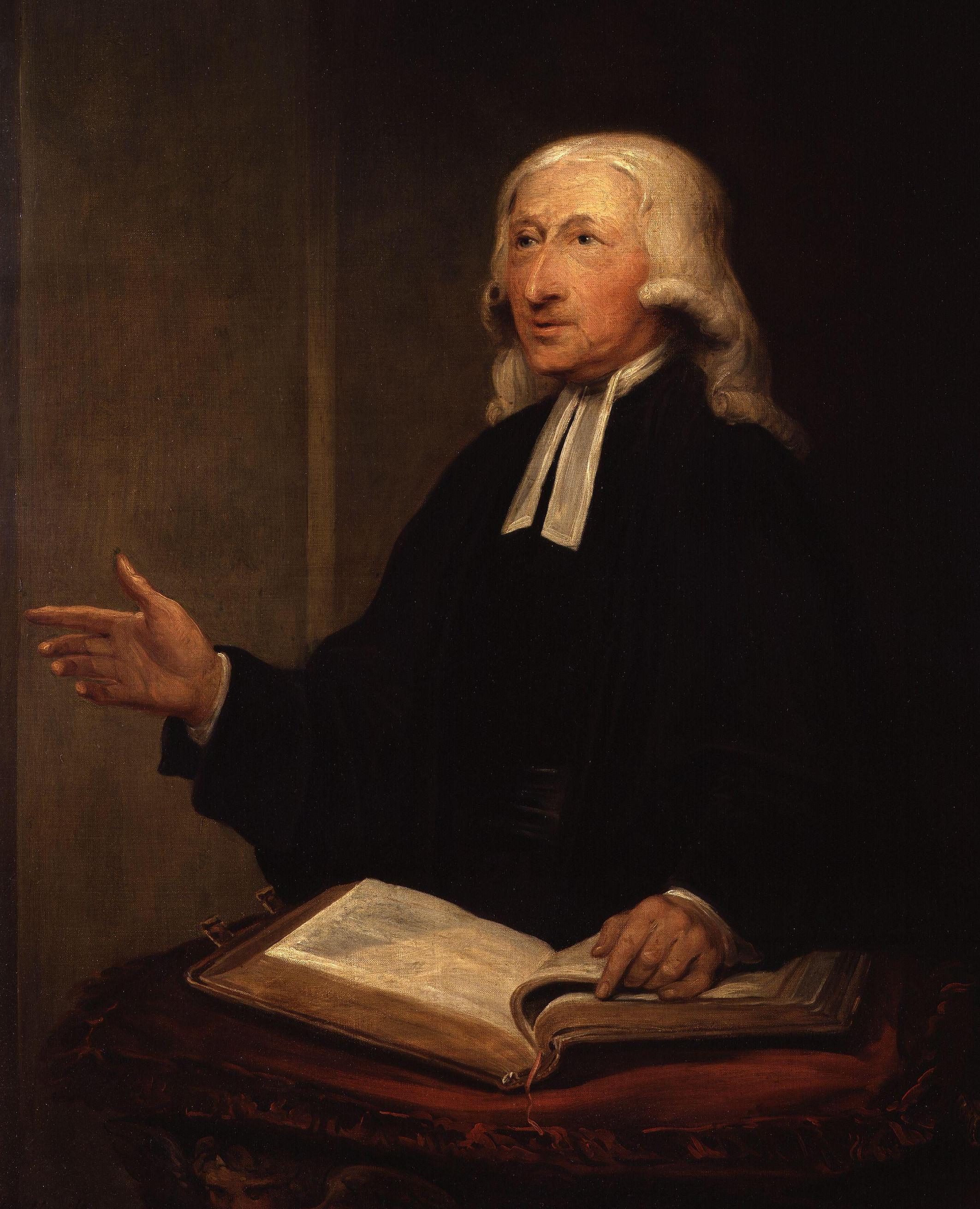A keynote address delivered by The Rt. Rev. Dr. Deji Okegbile, Nigerian Methodist Mission, UK/Ireland, at the Annual General Meeting of the Nigerian Health Care Project on Saturday 4th November 2023 at Chapel Allerton Methodist Church, Leeds, United Kingdom.
Spirituality as a broad and complex concept varies in practice and understanding ‘according to different cultural, religious and academic backgrounds.’ Beyond the historical understanding of spirituality exemplified in the teachings of different faith traditions and denominations, it ‘has been detached from religiosity as a distinct construct.’ [1] Religion or spirituality despite their usefulness, can be abused or misused especially in the quest for materialism, control, and commercialisation.
In the context of this paper, spiritual care is different from religious care. At its best, religious care is always spiritual. [2] However, while spiritual care is ‘given in a one-to-one relationship, it is completely person-centred and makes no assumptions about the personal conviction of life orientation, religious care ‘is given in the context of shared religious beliefs, values, liturgies and lifestyle of a faith community.’ [3] It is important to note that Spirituality in healthcare has its religious and non-religious forms.
Spirituality is a distinct construct.
Spirituality as a distinct construct is not only a crucial resource during disasters like COVID-19 or war but also that part of people who see coherence, meaning, and purpose in their lives. The AAMC’s definition of Spirituality is a broad one: ‘Spirituality is recognized as a factor that contributes to health in many persons. The concept of Spirituality is found in all cultures and societies. It is expressed in an individual’s search for ultimate meaning through participation in religion and belief in God, family, naturalism, rationalism, humanism, and the arts. All of these factors can influence how patients and healthcare professionals perceive health and illness and how they interact.’ [4]Spirituality engages healthcare as an integral part of the human suffering, patients, their families, and their caregivers. Spirituality shapes our power of hope and positive thinking.
Healthcare is a seedbed of research about ‘the immediacy of problematic human bodies,’ the living experience and social environment of being human. Spirituality in healthcare is beyond the ad hoc arrangement and particular interests of individuals or a particular religion or denomination. Spirituality needs to be integrated within the health system in Nigeria, and the Nigeria Health Care Project (NHCP) can guide in this direction.
Nigeria occupies a spiritual strategic position in Africa and the global context, but its healthcare system continues to suffer downfalls and is underserved. Understanding and improving spiritual care involves ‘allocation and organization of resources, the attainment of standards related to the structures, processes, and outcomes of healthcare.’ [5] The need to engage spirituality with healthcare in the Nigerian context suggests a ‘core strategy for humanizing healthcare through its focus on inner meaning, approaches to suffering, and compassionate practice.’
There are many questions about what disrupts healthcare in the Nigerian context and the urgency to restore, bearing in mind the relationship between spirituality and health. Nigeria’s health sector faces infrastructure problems, corruption, and a mass exodus of highly skilled healthcare professionals.
In the Nigerian context, religious convictions affect healthcare decision-making and medications. Jehovah’s Witness and The Apostolic Faith patients rejecting blood transfusions is a classic example. Understanding healthcare as a process by which individuals maintain their sense of coherence and meaning in life in the face of changes in themselves, such as illness, is a great challenge in the Nigerian context. Spirituality in healthcare in the Nigeria context raised the need to develop a curriculum in spirituality, cultural issues, and end-of-life care. There is also a need for ‘services of professional, culturally competent, and inclusive spiritual health practitioners or “chaplains” who provide comprehensive and personalized spiritual care support, in-person and on-call.’ [6]
The importance of Spirituality in healthcare.
One cannot deny the positive influence of spirituality and spiritual care on mental and physical health outcomes. A root cause for not accounting for spirituality in medical care is the need for more consensus on the understanding of what spirituality is and how prevalent spiritual needs are. Spirituality in healthcare is an area of active discipline, practice, and research right now. Spirituality in healthcare connects the patients, family, physicians, psychologists, and other healthcare workers. Understanding Spirituality in healthcare tends to fall into three major areas:
Mortality: Some observational studies suggest that people who have regular spiritual practices tend to live longer
Compliance and Coping: Spiritual Patients may utilize their beliefs in coping with illness, pain, and life stresses. There is also a positive impact of Spirituality on stress reduction and compliance with the family’s conditions after bereavement.
Recovery: Spiritual commitment tends to enhance recovery from illness and surgery.
The Joint Commission on Accreditation of Healthcare Organizations has a policy that states: “For many patients, pastoral care and other spiritual services are an integral part of health care and daily life. The hospital can provide pastoral care and other spiritual services for patients who request them.” [7] Spirituality in healthcare in the Nigeria context provides awareness to people, especially in the rural areas, who know that they need something. However, they need help to identify what it is. Medical research links the integration and practice of Spirituality with:
- Better health outcomes
- Decreased post-operative pain and improved chronic pain management.
- Improved post-operative outcomes and shortened recovery times.
- Preventative and improved health for patients with hypertension, diabetes, cardiovascular disease, and cancer.
- Enhanced feelings of positivity, hopefulness, and improved psychological well-being.
- Resiliency and superior ability to handle stress or cope with life challenges and difficulties.[8]
Medical school and courses on Spirituality and healthcare: Concern over Wesley Guild Hospital, Ilesa. The hospital ‘was the first Methodist hospital in Africa. Dr John Stephens, who opened it in 1912, was the first doctor from the Methodist Missionary Society (MMS) anywhere on the continent. Prior to 1912, there were only eight hospitals in the whole of Nigeria. The Wesley Guild supported the project, and the location was chosen because the local king was a Christian.’ [9] The first ever Mission hospital in Nigeria was a 60 beds hospital built by the Roman Catholic Mission (RCM) in Kingdom of Kororofa in 1905.
Wesley Guild Hospital, Ilesa, had to close for lack of funds or staff, but a more reliable service developed thanks especially to Stella Liony, a black British nurse who pioneered female nurse training in Nigeria. The hospital was relocated and greatly enlarged in 1954. It benefited from the continuity provided by several long-serving missionaries, notably Sister Elsie Ludlow 1929-1960 and Dr Andrew Pearson, medical superintendent 1953-1975. Under the pioneering work of the paediatrician Dr. David Morley (1923-2009) from 1956 to1961, Ilesha became internationally renowned for its research into patterns of child health and mortality. The success of its Under Fives Welfare Clinic was widely copied.’
It is on record that ‘the Guild’s continuing support supplied only a fraction of the running costs; at times when government grants fell into arrears, the survival of the hospital was precarious. But with significant co-funding from ICCO, a Dutch Christian aid organization, it was again expanded in 1972, with 197 beds and around 230 staff. In 1975, the management of the hospital was taken over by the Western State Health Council and in 1976 by the Federal Government, but it continued to be known as the Wesley Guild Hospital.’
Wesley Guild Hospital, as a Methodist institution, is a good location for courses on Spirituality in Healthcare. Today’s challenge is the government’s continuous claim to the institution’s ownership to the extent that the foundation for constructing a mosque has been laid at Wesley Guild Hospital, Ilesa. The government have returned to other missionary hospitals in the area, and, sadly, the government is still holding on to the ownership of the Wesley Guild Hospital in Ilesa. I hereby appeal to the NHCP, the Wesley Guild and other stakeholders to arise and see to the return of Wesley Guild Hospital, Ilesa, the first Methodist missionary hospital in Africa back to Methodist Church Nigeria. Worthy is the Lamb!
[1] Defining Spirituality in Healthcare, https://www.frontiersin.org/articles/10.3389/fpsyg.2021.756080/full
[2] SEHD (2002) Guidelines on Chaplaincy and Spiritual Care in the NHS in Scotland, Edinburgh: Scottish Executive Health Department.
[3] UKBHC Code of Conduct for Healthcare Chaplains (Revised 2014),
[4] Association of American Medical Colleges. Report III: Contemporary Issues in Medicine: Communication in Medicine, Medical School Objectives Project. Washington, DC: Association of American Medical Colleges; 1999. pp. 25–26. Available at http://www.aamc.org/meded/msop/report3.htm#task (accessed October 2023).
[5] Cobb, Mark, Puchalski, Christina M., Rumbold, Bruce, Oxford Textbook of Spirituality in Healthcare (Oxford: Oxford University Press, 2012), p. p. viii
[6] https://intermountainhealthcare.org/blogs/the-importance-of-spiritual-care-in-the-21st-century
[7] Joint Commission on Accreditation of Healthcare Organizations (JCAHO) Comprehensive Accreditation Manual for Hospitals (CAMH): The Official Handbook (update 3) Oakbrook Terrace, Ill: JCAHO; 1999. Patient rights and organization ethics; pp. R1–15
[8] https://intermountainhealthcare.org/blogs/the-importance-of-spiritual-care-in-the-21st-century
[9] Ilesha Hospital, https://dmbi.online/index.php?do=app.entry&id=3348











Recent Comments